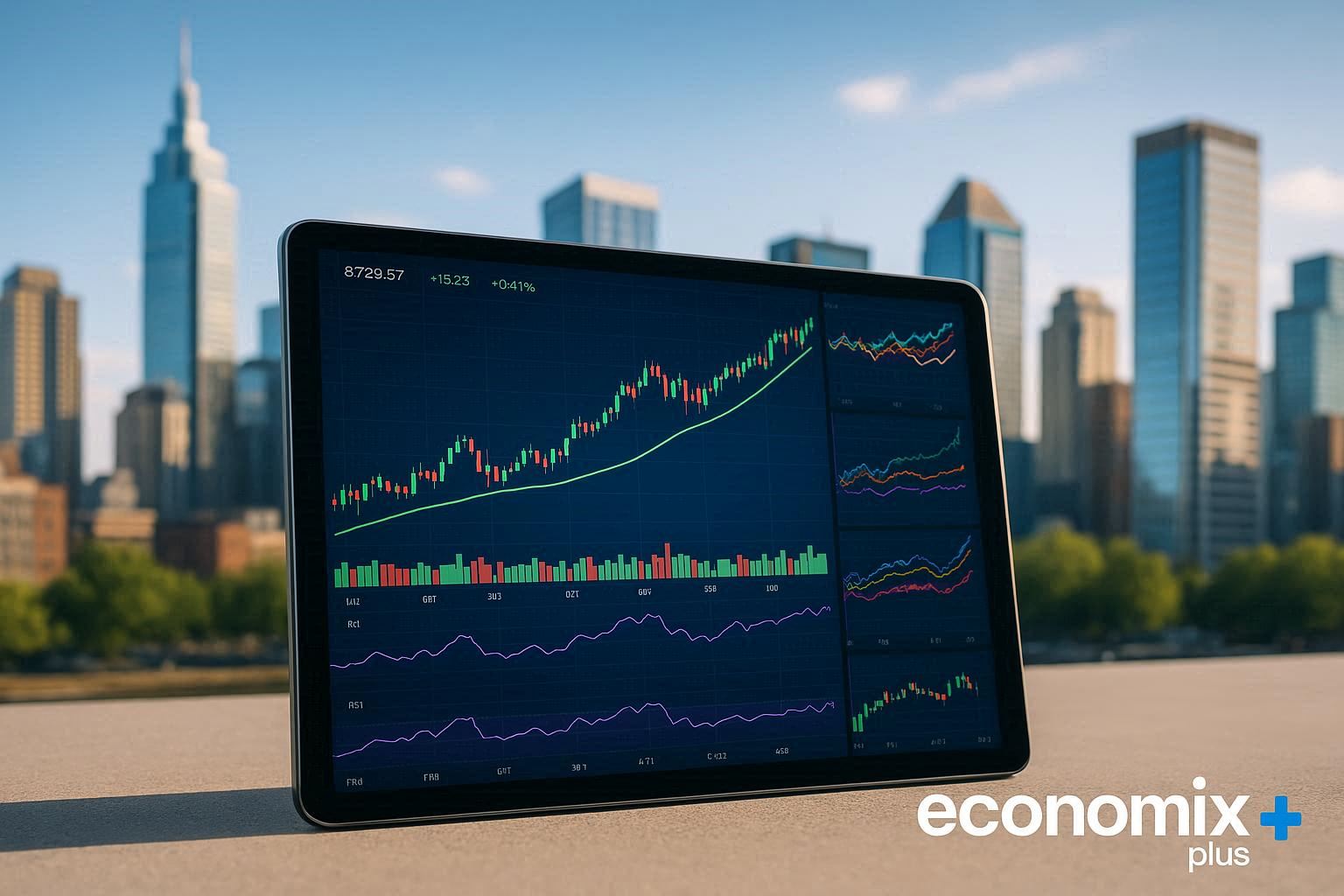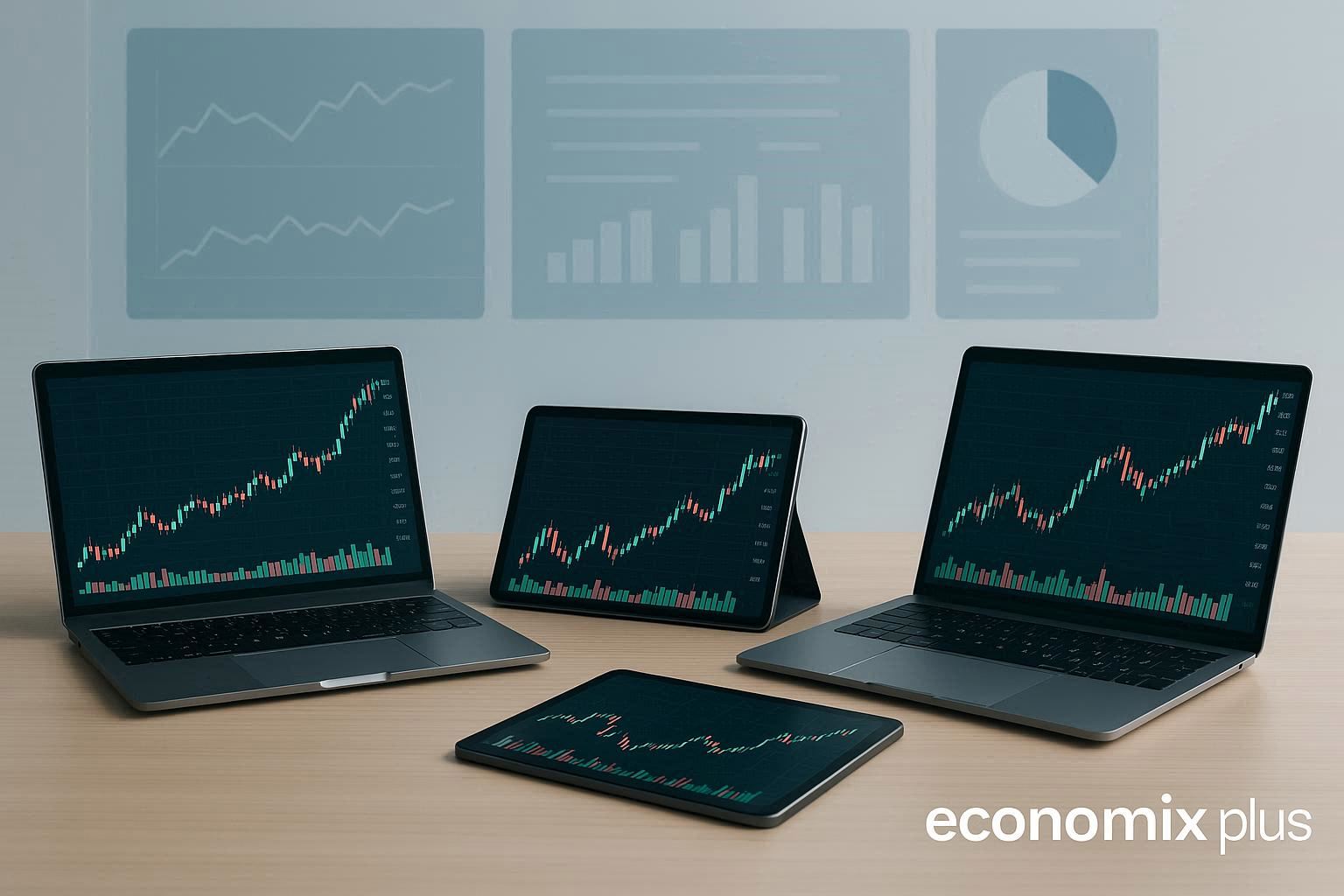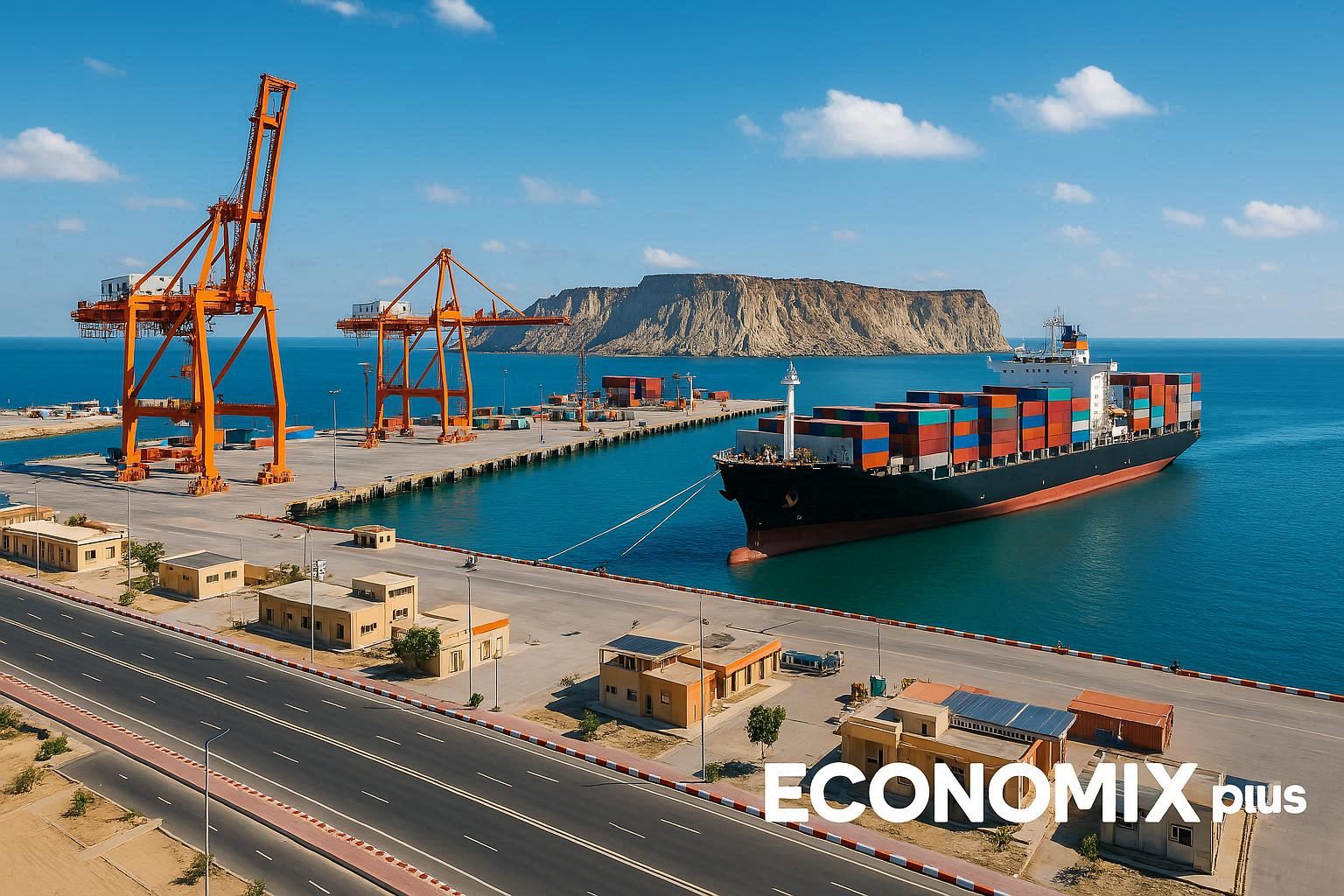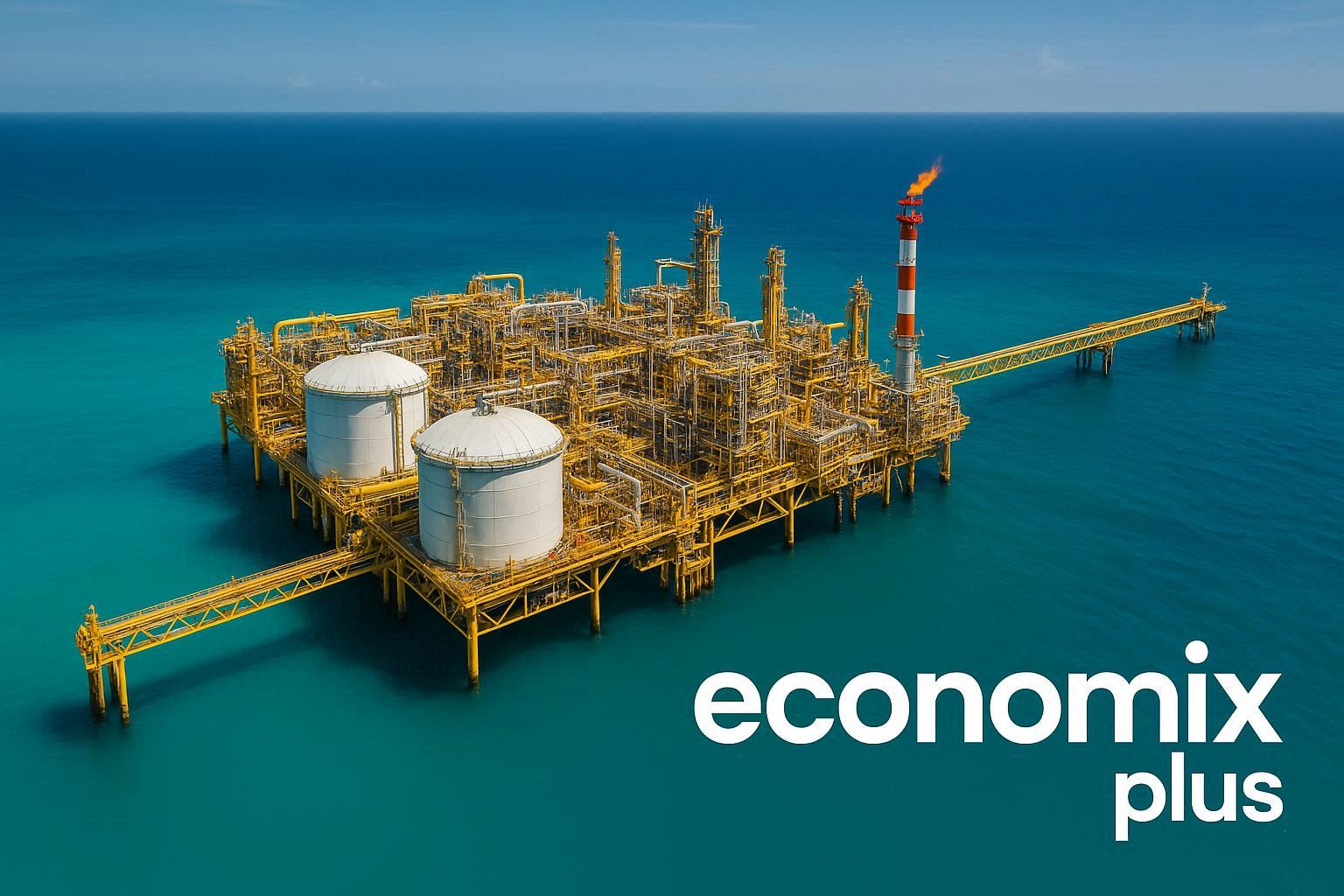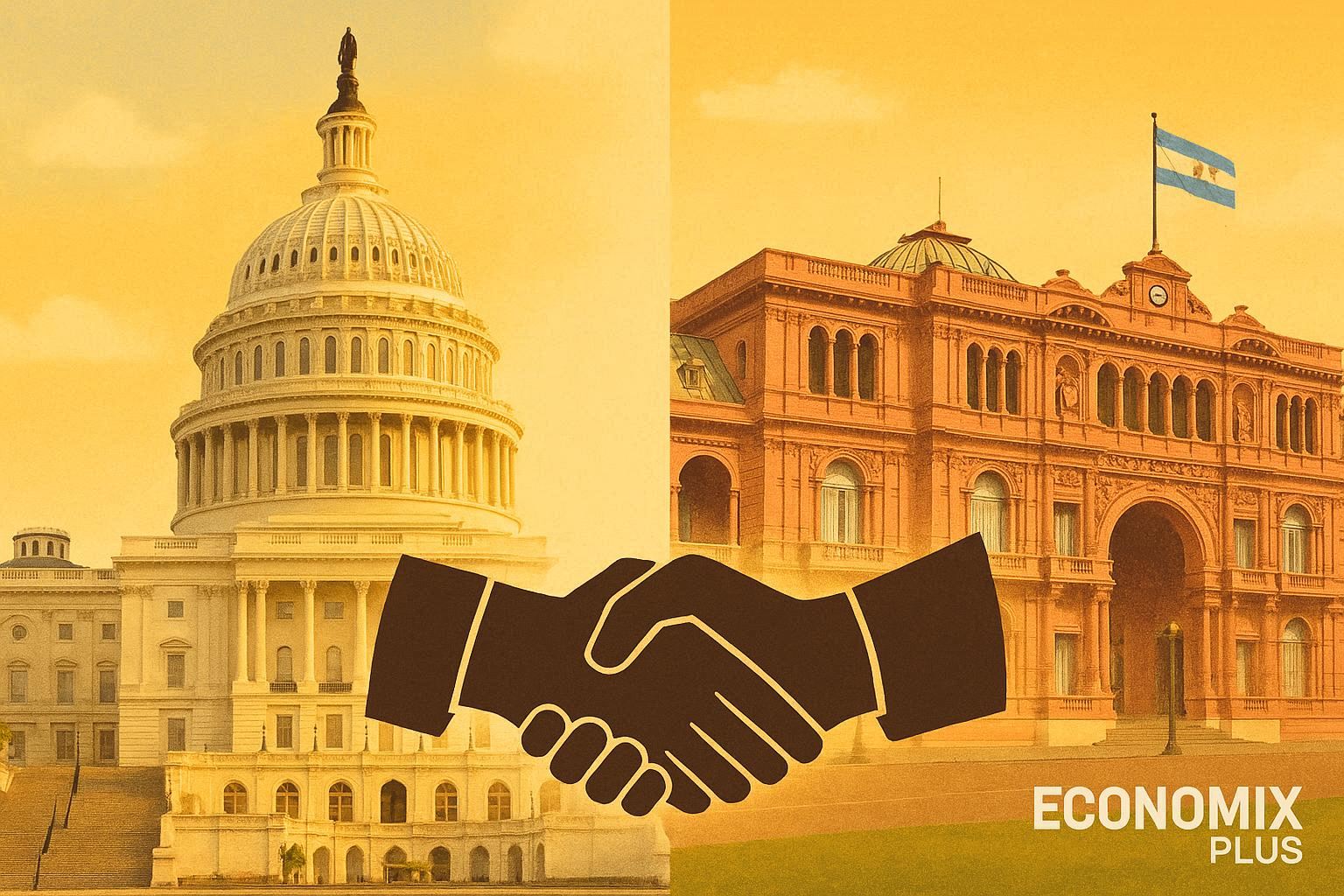
The year 2008 marked a period of intense global economic turmoil. Did you know that the estimated global cost of the 2008 financial crisis, including lost output, amounted to trillions of dollars? This profound disruption impacted nearly every corner of the world. Understanding the lessons learned from the 2008 financial crisis is vital. It helps us build a more resilient and stable economic future. Indeed, the crisis highlighted fundamental vulnerabilities in global economic structures. This article explores key insights gained from that challenging period, focusing on prudent financial behavior, robust oversight, and international cooperation. Ultimately, these lessons guide individuals, businesses, and policymakers toward better decisions.
The Tremors of 2008: A Brief Overview
Related reading
- What Are the Best Ways to Handle Short-Term Financial Crises?
- What Are the Debt Management Mistakes You Should Avoid?
- What Are the Most In-Demand Jobs of the Future?
The events of 2008 unfolded rapidly. Many businesses faced severe challenges. Millions of individuals lost their jobs. A deep sense of economic insecurity spread globally. This period, therefore, became a stark reminder of how interconnected our economies are. A crisis starting in one sector quickly spread, creating widespread hardship. Furthermore, consumer confidence plummeted. People became hesitant to spend, and this further slowed economic activity.
The crisis underscored the critical need for transparent practices. It also emphasized the importance of ethical conduct in all financial dealings. Without these foundations, instability can easily take root. Consequently, the global community recognized the urgent need for change. There was a strong consensus to understand what went wrong. More importantly, everyone wanted to implement measures to prevent a recurrence. This involved examining everything from individual spending habits to international economic agreements. For instance, many countries began reviewing their economic safeguards. Ultimately, the experience shaped a new era of economic thought, focusing on prevention and preparedness.
Lesson 1: The Importance of Robust Oversight
One of the primary lessons from the 2008 crisis was the absolute necessity of strong, effective oversight. When systems lack proper checks and balances, risks can grow unchecked. This can lead to widespread instability. Therefore, policymakers recognized the need for clearer rules and better monitoring. Robust oversight acts as a protective layer for the entire economic system. It helps to ensure fairness and prevent excessive speculation.
Strengthening Regulatory Frameworks
Following the crisis, calls for stronger economic frameworks intensified. These frameworks aim to establish clear guidelines. They also help to monitor practices across various sectors. The goal is to identify potential weaknesses before they escalate. For example, rules might be put in place to ensure fair dealings between parties. Moreover, increased scrutiny helps maintain public trust. It reassures individuals and businesses that the system operates equitably. A well-designed framework thus provides a foundation for stability. It discourages risky behavior by clearly defining acceptable limits. This proactive approach is essential for preventing future crises.
Promoting Transparency in Markets
Transparency is another cornerstone of robust oversight. When information is clear and accessible, everyone benefits. Businesses can make informed choices. Individuals can better understand their personal financial standing. Conversely, a lack of transparency can hide risks. It can create an environment where problems fester unseen. The 2008 crisis showed how opaque practices could lead to systemic issues. Therefore, efforts to promote transparency became a key focus. This includes making sure economic data is understandable. It also means ensuring that all parties disclose relevant information clearly. Ultimately, transparency fosters accountability. It empowers everyone to navigate the economic landscape with greater confidence.
| Key Areas for Enhanced Oversight | Description |
|---|---|
| Market Practices | Ensuring fair and ethical conduct in all economic transactions. |
| Corporate Governance | Strengthening leadership accountability and decision-making within organizations. |
| Consumer Safeguards | Protecting individuals from misleading information and harmful practices. |
| Systemic Risk Monitoring | Identifying and addressing potential threats to the entire economic system. |
Lesson 2: Fostering Prudent Individual and Household Decisions
While systemic issues played a large role, individual decisions also contributed to the overall vulnerability. The crisis highlighted the importance of wise personal financial choices. These choices collectively strengthen the entire economy. Therefore, promoting prudent behavior at the household level became a significant lesson. It empowers individuals to better manage their resources and plan for the future.
The Value of Responsible Spending
Responsible spending is fundamental to personal and economic stability. Living within one’s means prevents unnecessary burdens. It allows individuals to build a more secure foundation. The crisis demonstrated the dangers of excessive obligations. Many households found themselves vulnerable when economic conditions worsened. Consequently, emphasis shifted toward mindful consumption. This involves prioritizing needs over wants. It also means avoiding commitments that might become unsustainable. Cultivating responsible spending habits helps individuals achieve financial peace of mind. Moreover, it contributes to overall economic resilience. When households are stable, the broader economy gains strength. This principle forms a crucial part of personal financial resilience.
Building for the Future
Preparing for the future is another vital aspect of prudent financial behavior. This involves long-term planning and careful resource allocation. It means setting aside resources for unexpected events. It also means thinking about future goals, like retirement or purchasing assets. The crisis reinforced the importance of this forward-looking approach. Those with diversified assets and contingency funds were often better positioned to weather the storm. Therefore, individuals are encouraged to spread their assets across different types of holdings. This strategy reduces risk. It helps protect against volatility in any single area. Ultimately, building for the future fosters stability for individuals and their families. It ensures a stronger foundation regardless of economic fluctuations.
Lesson 3: Enhancing Global Economic Cooperation
The interconnectedness of the global economy became undeniably clear during the 2008 crisis. Problems in one region quickly cascaded across borders. This underscored the necessity of international cooperation. No single nation could solve the crisis alone. Therefore, strengthening global collaboration emerged as a critical lesson. It highlighted the need for shared strategies and coordinated responses.
Collaborative Solutions for Shared Challenges
Global challenges require global solutions. The 2008 crisis proved this adage unequivocally. Nations realized they needed to work together more closely. Sharing information and coordinating policies became paramount. International organizations, for example, played a crucial role in facilitating these discussions. They helped countries agree on common approaches to stabilize markets. The International Monetary Fund (IMF) has extensive resources on global financial stability efforts. Such collaboration builds trust and reduces unilateral actions. Ultimately, this leads to more effective and sustainable outcomes for everyone. It shows that collective action can overcome even the most formidable economic hurdles.
Early Warning Systems
Another vital aspect of global cooperation is the development of early warning systems. These systems aim to detect potential economic issues before they escalate into full-blown crises. They involve sharing economic data and analysis among nations. This allows for prompt identification of emerging risks. For instance, if one country’s economy shows signs of stress, others can take preventative measures. Improved communication channels are therefore essential. They enable a quicker and more coordinated response. By monitoring global indicators together, the international community can be better prepared. This proactive stance is crucial for maintaining global economic stability and preventing widespread disruption.
Lesson 4: Prioritizing Long-Term Stability Over Short-Term Gains
The pursuit of short-term gains, without considering long-term consequences, can lead to significant instability. The 2008 crisis served as a powerful reminder of this danger. It highlighted the importance of a long-term perspective in all economic decisions. Prioritizing sustainable growth over quick profits is essential. This mindset fosters a more resilient and equitable economic system for future generations.
Ethical Business Practices
Ethical business practices are fundamental to long-term stability. Businesses that prioritize integrity and social responsibility tend to build lasting value. They foster trust with their customers and partners. Conversely, practices driven purely by immediate profit can erode confidence. They can create vulnerabilities that threaten the entire system. Therefore, emphasizing ethical conduct became a key takeaway. This means businesses should operate with transparency. They should also consider their broader impact on society. “The ultimate measure of a man is not where he stands in moments of comfort and convenience, but where he stands at times of challenge and controversy,” remarked Martin Luther King, Jr. This sentiment applies equally to institutions navigating economic challenges. By upholding high ethical standards, businesses contribute significantly to overall economic health.
Cultivating Economic Resilience
Economic resilience refers to an economy’s ability to absorb shocks and recover effectively. This involves having diverse economic sectors. It also means maintaining robust infrastructure. The crisis demonstrated that economies lacking resilience were hit the hardest. Consequently, efforts focused on strengthening these foundational elements. Governments and businesses now prioritize building diverse income streams. They also invest in education and innovation. These measures help an economy adapt to changing circumstances. Furthermore, promoting diversification across various industries enhances stability. A resilient economy can bounce back faster from downturns. It ensures sustained progress for its citizens, reducing overall risk management concerns.
Key Takeaways from the Crisis
The 2008 financial crisis was a harsh but invaluable teacher. It provided critical lessons for individuals, businesses, and governments worldwide. These lessons emphasize prudence, transparency, and cooperation as pillars of a stable economic environment.
- Robust Oversight is Non-Negotiable: Strong frameworks and clear monitoring prevent excessive risk-taking and promote fair practices.
- Prudent Individual Decisions Matter: Responsible spending, future planning, and diverse asset management build personal and collective resilience.
- Global Cooperation is Essential: Economic challenges transcend borders, requiring coordinated international responses and early warning systems.
- Long-Term Vision Prevails: Prioritizing sustainable growth and ethical practices over short-term profits creates lasting stability.
- Transparency Builds Trust: Open communication and clear information are crucial for informed decisions and preventing hidden risks.
| Principles for Economic Stability | Description |
|---|---|
| Prudence | Making careful, sensible decisions regarding resources and obligations. |
| Transparency | Operating with openness, ensuring clear and accessible information. |
| Cooperation | Working together, both nationally and internationally, to address common challenges. |
| Long-term Vision | Prioritizing sustainable growth and well-being over immediate gratification. |
| Accountability | Holding individuals and institutions responsible for their actions and decisions. |
Frequently Asked Questions (FAQ)
Q: What was the main takeaway for individuals from the 2008 crisis?
A: For individuals, the main takeaway was the critical importance of prudent financial behavior. This includes responsible spending, avoiding excessive obligations, and planning for the future by diversifying one’s assets. Building personal financial resilience helps individuals withstand economic downturns.
Q: How did the 2008 crisis impact global economies?
A: The crisis led to widespread economic disruption globally. It caused significant job losses, a collapse in consumer confidence, and a general slowdown in economic activity. It also highlighted how interconnected global economies are, showing that a crisis in one region can quickly affect others.
Q: What new approaches were adopted to prevent future crises?
A: New approaches included strengthening regulatory frameworks for better oversight, promoting greater transparency in all economic transactions, and enhancing international cooperation. There was also a greater emphasis on developing early warning systems and fostering ethical business practices. You can find more details on global efforts to enhance financial stability from institutions like the World Bank.
Q: Why is long-term stability more important than short-term gains?
A: Prioritizing long-term stability ensures sustainable growth and prevents the accumulation of risks that can lead to major downturns. Short-term gains, when pursued aggressively without considering consequences, often create vulnerabilities. A long-term vision supports ethical practices and economic resilience.
Q: How can individuals contribute to overall economic stability?
A: Individuals contribute by making responsible financial choices, living within their means, and planning for their financial future. By avoiding unsustainable obligations and supporting businesses that operate ethically, individuals collectively strengthen the economic fabric and promote broader stability.
Conclusion
The 2008 financial crisis was a defining moment in recent economic history. Its lessons continue to resonate today. Indeed, the crisis underscored the delicate balance required for sustained economic health. It taught us that robust oversight, ethical practices, and proactive planning are not merely recommendations but necessities. Furthermore, the crisis reinforced the power of individual choices. Every decision, from personal spending to business strategy, contributes to the larger economic picture.
Ultimately, learning from the past empowers us to build a more secure future. By integrating these lessons into our individual habits and collective policies, we can foster a more resilient global economy. This journey requires ongoing vigilance, continuous adaptation, and unwavering commitment to shared prosperity. Moreover, prioritizing transparency and cooperation will ensure that future generations are better equipped to navigate economic complexities. The path forward demands wisdom, foresight, and a collective dedication to stability. For current economic insights and news, major reputable sources like Reuters provide ongoing analysis.



